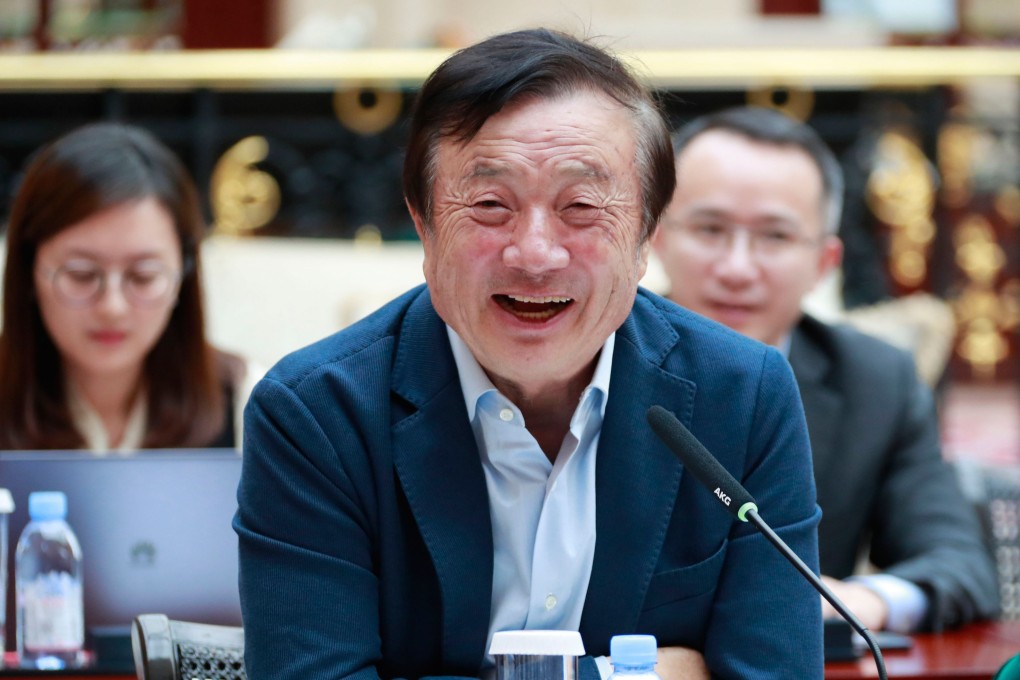Opinion | The perils of Chinese ambiguity: how and why the US mistrusts and misunderstands China
- Chinese entrepreneurs seem well versed in the art of doublespeak, which dates back to a philosophical dichotomy in the Qin and Han dynasties. The practice is culturally acceptable in China but does not go down well in the West

Reclusive Huawei founder Ren Zhengfei has recently been taking the limelight and talking to the international media. In an interview with CBS that aired on February 19, he promised that the telecoms company would never spy on the United States and that even if he was required by Chinese law to share customer data with Beijing, he would “firmly reject that”.
The contradictory statements, bordering on duplicity, could arouse nothing but suspicion in the English-speaking world. But they also lead to a larger question: how should the West understand China, especially its entrepreneurs, in the 21st century?
In his 2017 book The China Order, Professor Fei-Ling Wang at the Georgia Institute of Technology writes: “Rarely were there a nation and a culture so morally and ideologically sanctioning so much highly utilitarian duplicity and pretentiousness.”
